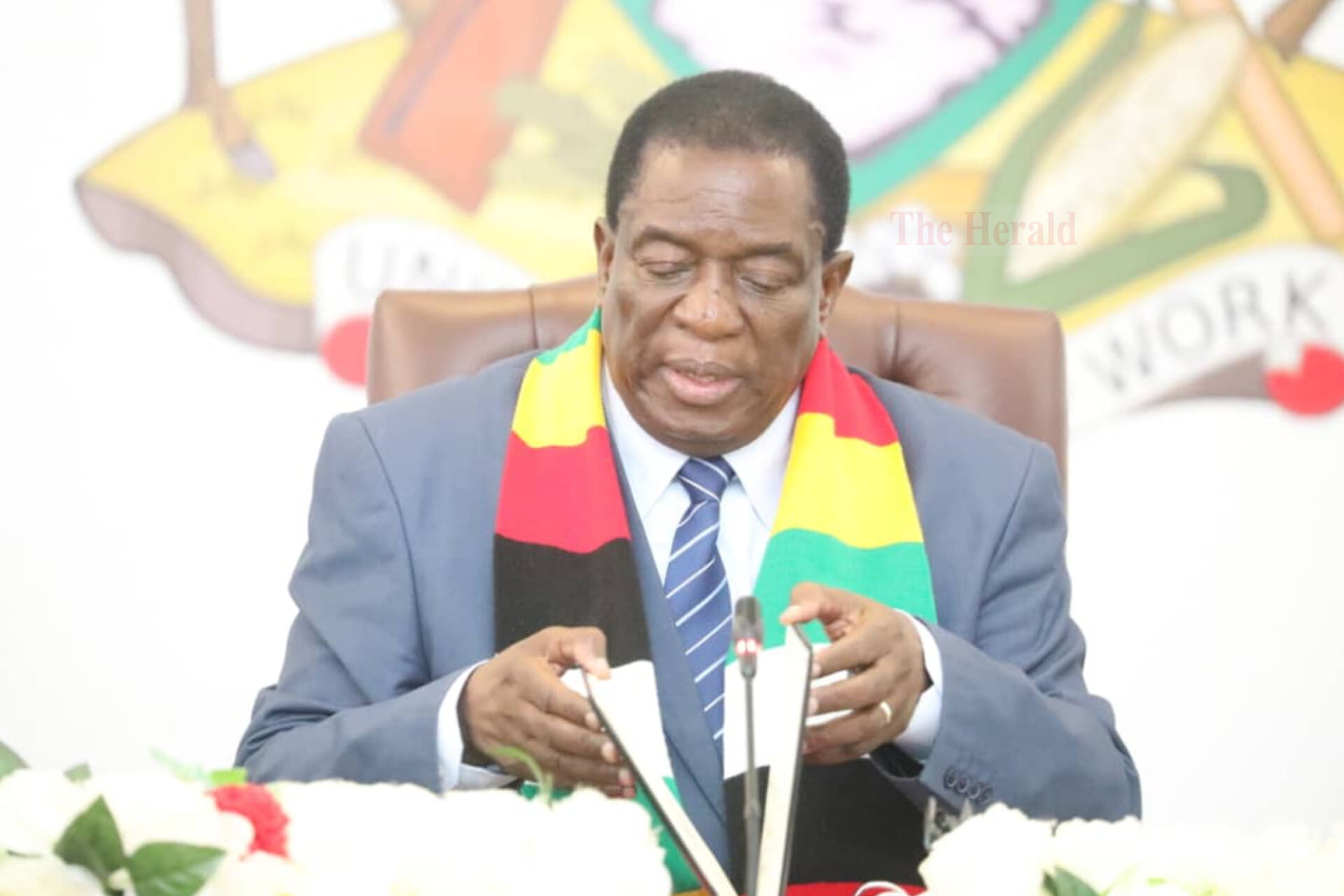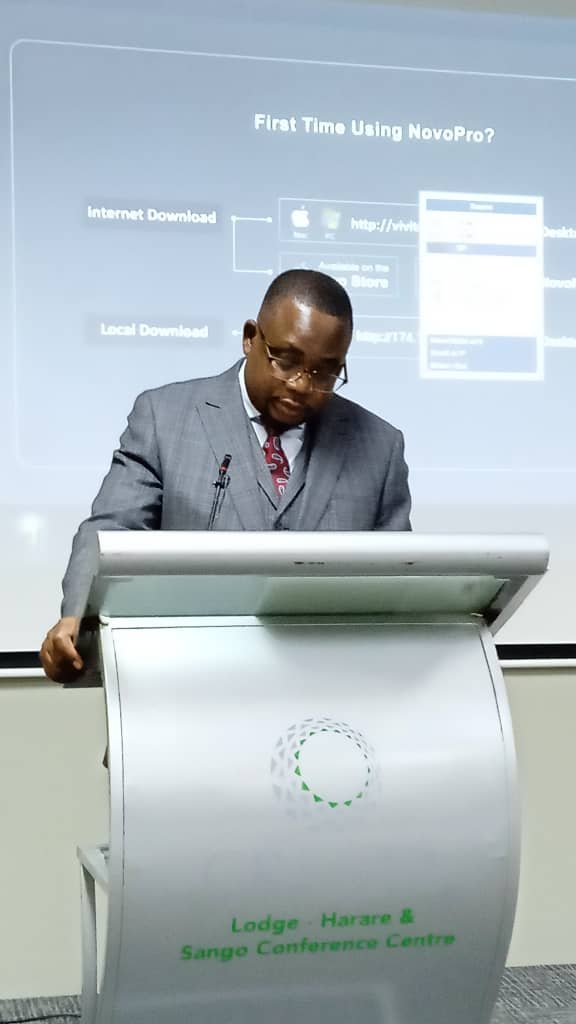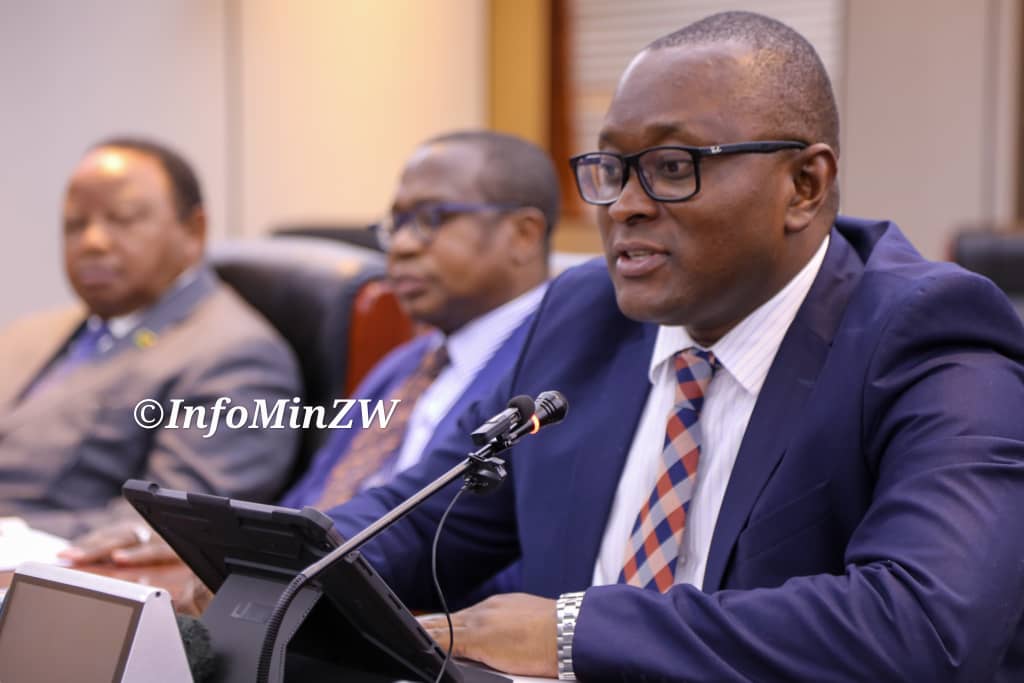President Mnangagwa proclaims August 23 vote
Share

Harare (New Ziana) – President Emmerson Mnangagwa on Wednesday proclaimed August 23, 2023 as the date on which the country will hold general elections.
In a notice in a government gazette, he also set June 21, 2023 as the date on which nomination courts will sit countrywide to accept applications by political parties and their candidates to take part in the polls.
President Mnangagwa further proclaimed October 2, 2023 as the date on which a run-off presidential election will be held, should this be necessary.
“Now therefore, under and by virtue of the powers vested in the President as aforesaid, I do by this proclamation…fix the 23rd day of August 2023 as the day of the election to the office of President, the election of members of the national assembly and election of councillors, that is to say, as the day on which a poll shall be taken, if a poll becomes necessary in terms of Section 46 (17) (c) or 125 (4) (b) of the Electoral Act Chapter 2.13 for the election to the office of the President or any such members of the national assembly or councillors; and fix 2nd day of October 2023 as the day of the run-off election to the office of President, that is to say, as the day on which a poll shall be taken if such a poll becomes necessary in terms of Section 38 (1) (a) (111) of the Electoral Act,” he said.
He had been due to proclaim the election and court nomination dates earlier in the week on Monday but postponed the announcement.
The ruling Zanu-PF party, and opposition Citizens Coalition for Change (CCC) party will be the main contenders in the elections, but several smaller political parties are also expected to take part.
The announcement of the election date now officially kick-offs the campaign season, which so far had been a low-key affair for all the parties.
The elections will be for national president, and parliamentary and local government representatives held simultaneously.
Wednesday’s presidential proclamation follows completion of the drawing up, and gazetting, of new constituency electoral boundaries by the Zimbabwe Electoral Commission (ZEC), to be used in the upcoming general elections.
It also follows the failure by one of the opposition parties last month to have the Constitutional Court quash ZEC’s new electoral boundaries on account of perceived irregularities.
But in readiness for the August polls, Zanu-PF held its primary elections in March nonetheless, while CCC is in the middle of selecting candidates, reportedly opaquely through hand-picking by top party officials.
Unlike in past election run-up periods, the political atmosphere in the country is calm, with no reports of election-related violence.
Often, the opposition is accused of fawning election-related violence, including kidnapping of its members, in an attempt to discredit polls, and demand re-runs after losing.
In the last election in 2018, Zanu-PF won the parliamentary segment of the election by a landslide, while President Mnangagwa also beat over 20 challengers comfortably.
Chamisa, then leading one faction of the opposition Movement for Democratic Change, came second in the vote, and challenged the outcome in the Constitutional Court, citing several alleged irregularities.
He lost the televised court petition.
Zanu-PF is going into the polls trumpeting economic reforms which have steadied the economy, which had been in free-fall, and has now set it up for growth in coming years.
This includes enormous economic and social infrastructure projects, such as road, aviation, power and health facility upgrade and modernisation, which it has undertaken since coming into office five years ago.
On the other hand, it is unclear what the CCC and other opposition groups will be championing in their election campaigns this time around.
In past elections, the opposition song was always vague human and political rights demands, and democratic rule and freedom.
New Ziana









